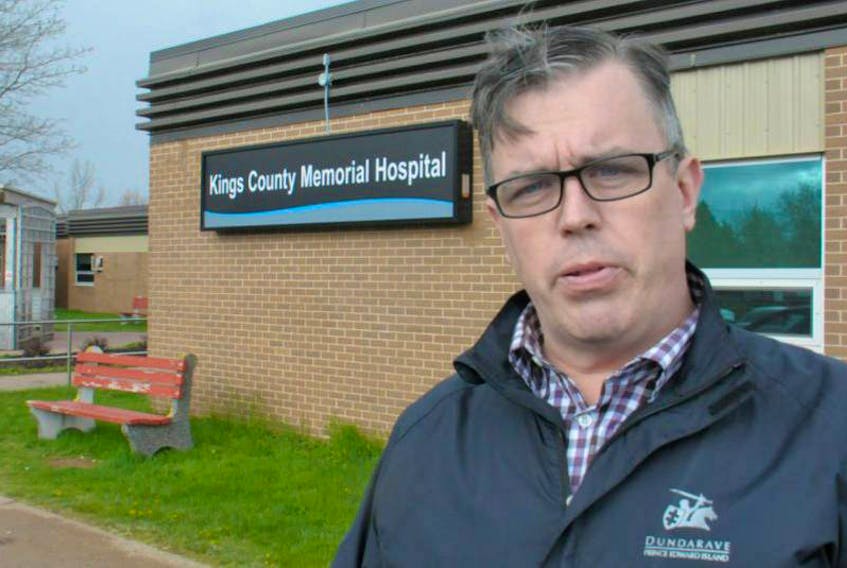BY DES COLOHAN
GUEST OPINION
The mainstream media and the general public have an unhealthy and abiding fear that when they or a loved one have what they believe to be a medical urgency, they won’t have immediate access to an Emergency Department (ED). At least that’s the way it seems from the anxiety generated by intermittent announcements about hospital Emergency Department closures, primarily in our rural hospitals. We have always had a love-hate relationship with our EDs.
RELATED: P.E.I. Opposition MLAs voice concern over ER closures
RELATED: Doctor shortage closes Montague hospital ER Jan. 12 and part of Jan. 15
We normally do not look forward to going there. In general, they are crowded, noisy and we think we have to wait way too long to be seen. On the other hand, we absolutely insist that they be there 24/7, just in case we need them. When I started working in the health care system 55 years ago, there were no hospital Emergency Departments.
If you had a health problem outside of regular working hours, and it couldn’t wait until you were seen in the office by your family doctor or a district nurse, you could pick up the telephone and call the doctor or nurse, or go to their home to get advice. If you lived close to a community hospital you could go there and talk to the nurse on duty. They always had access to an on-call physician who actually thought that providing after-hours, weekend and holiday services was part of the job.
Lord jumpin’ dyin’, things sure have changed since then, not always necessarily for the better. Did you ever stop to ask yourself why dedicated health professionals aren’t falling all over themselves to hang out in the hospital ED, drinking coffee and chatting with the other staff, while waiting for unsolicited and unpredictable business to come barreling through the front door?
There are a bunch of reasons, and here are just a few of them. Most doctors and nurses don’t like working in emergency. They don’t know what’s coming in the door next and they don’t feel qualified to deal with much of it. They are afraid that they will make mistakes, which could have serious consequences for themselves and their patients.
Certain types of patients intimidate them. Drug-seekers, tiny sick babies, the loudly abusive and usually intoxicated, demanding/threatening relatives and psychotic individuals are all difficult to manage and encountered more frequently in the ED than on the ward, in the clinic or in the office. Another reason they don’t work in Emergency is because they are not required to do so.
Back in the day, before there were specialist emergency physicians and emergency nurses, to get a job you had to work at your local hospital and you had to take your turn in the emergency department. Nowadays, doctors and nurses can choose to work only in the community and not have anything to do with the hospital. That is why the specialties of emergency physician and hospitalist were created.
The final reason shifts don’t get filled is because of life-style choice. If you can work in an office or clinic from 9-5, Monday-Friday, with nights, holidays and weekends off, and make a comfortable living doing so, why would you subject yourself to the additional stress of working at the hospital?
Physician coverage of rural hospital emergency departments is a voluntary task. If physicians choose not to work there, there is no current mechanism to require that they do so and there is no provincial pool of trained physicians standing by to perform this service. There is also a shortage of nurses who feel comfortable in this environment. Throwing money at it will not solve this problem.
Wake up and smell the coffee. We will never have enough specially trained doctors or nurses to provide on-site emergency services 24/7 in rural hospitals. There are solutions to ED and hospital overcrowding but real change will take political will and careful planning. By the way, we need to develop a different model for delivering rural emergency care.
- Desmond Colohan is a semi-retired Island physician with specialist certification in emergency medicine and a keen interest in workable public health care policy.









